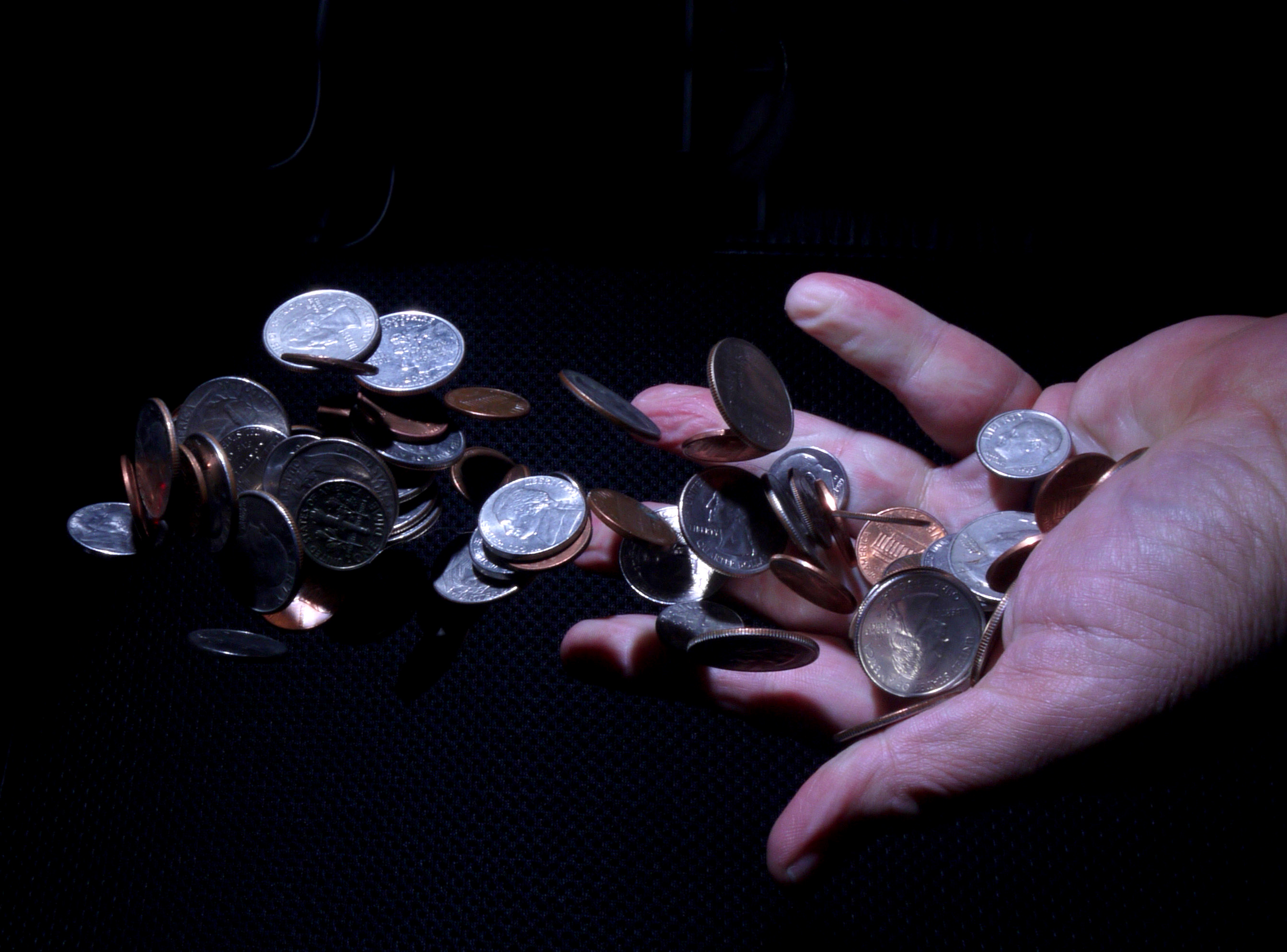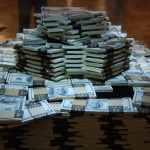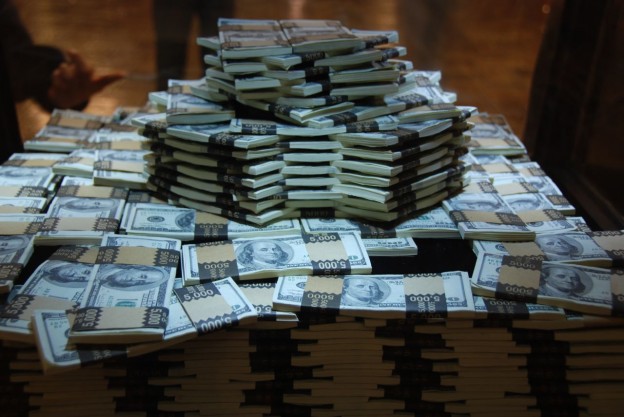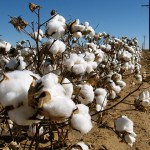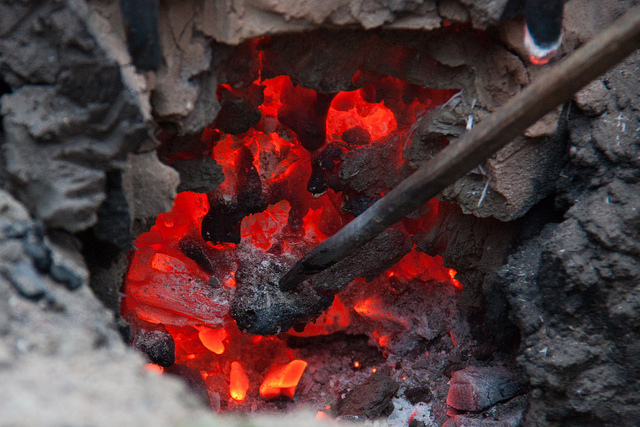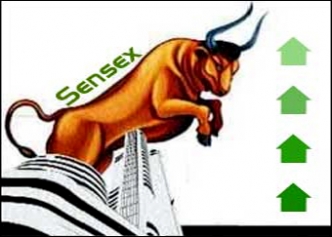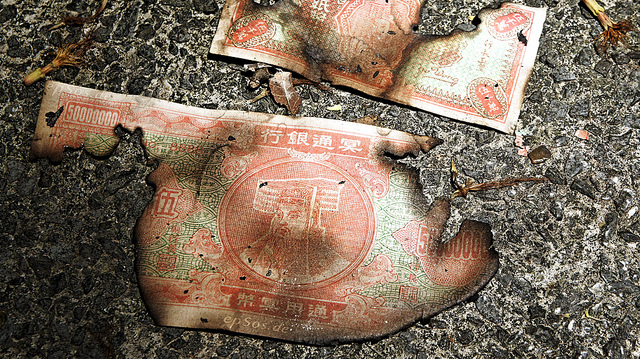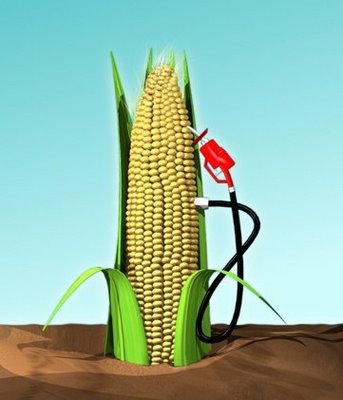The press has been dominated this week by the subject of wealth. Many of the world’s most influential business leaders, politicians and celebrities will descend on the Swiss Alpine resort of Davos tomorrow, where the annual meeting of the World Economic Forum is due to commence. Pertinently, it was also revealed that the World’s 85 richest people have as much wealth as poorest 3.5 billion with Oxfam warning Davos of ‘pernicious impact’ of the widening wealth gap.
Still, our fascination with wealth knows no bounds and despite this frightening data, addiction to wealth is certainly not unheard of. Take for instance, the story of the former hedge fund trader reported earlier this week in the New York Times. He argued that earning multimillion-dollar bonuses causes something akin to an alcohol or drug addiction, prompting rage and an uncontrollable desire for more, where people seem willing to destroy themselves and their companies rather than be satisfied with the millions or billions they already have. The trader in question was one amongst many who have been inspired to head to Wall Street to seek their fortune. After spending several years working towards that goal, he eventually became a bond and credit-default-swap trader who made a fortune when the economy crashed, earning a $3.6 million bonus in 2010.
Still, that wasn’t enough. The fact that his fellow traders sitting next to him had made more drove him crazy and in the months before bonuses were handed out, he was quoted as saying “the trading floor started to feel like a neighbourhood in The Wire when the heroin runs out.” While there may be similarities between the behavior of a junkie and some of the traders on Wall Street, chemical addiction has both physiological and genetic roots, while the uncontrollable desire for is more environmental. It’s called greed.
We live in a world of extremities…as the wealth gap widens, the rich get richer and the poor struggle to survive. Money does indeed make the world go round but sadly for the poor, it’s a rich man’s world.




